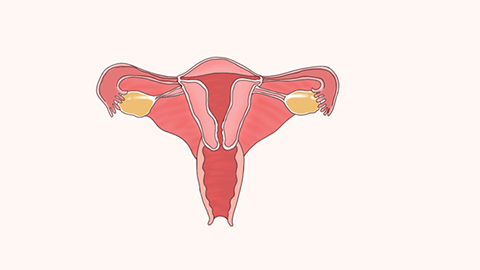Is it possible to get pregnant with an endometrial thickness of 0.6 cm?
Generally speaking, whether a 0.6cm endometrium can support pregnancy cannot be universally determined and requires analysis based on individual circumstances. Detailed explanations are as follows:

If the endometrium reaches 0.6cm during the ovulation phase of the menstrual cycle and the woman has other favorable fertility conditions—for example, normal ovarian function capable of producing healthy eggs, patent fallopian tubes without inflammation or adhesions—and the partner's sperm quality also meets standards, then although the endometrium is relatively thin, natural conception is still possible.
If a woman's endometrium measures 0.6cm during the ovulation or luteal phase, it is considered relatively thin and may be unfavorable for embryo implantation and development, thereby increasing the risk of miscarriage. In such cases, even if other conditions for conception are normal, the likelihood of pregnancy will be reduced.
To avoid unnecessary risks to reproductive health, it is recommended to undergo a detailed evaluation under the guidance of a qualified physician and to develop an individualized treatment plan. During the preconception period, attention should be paid to cultivating healthy lifestyle habits, such as balanced nutrition, avoiding excessive stress, quitting smoking, limiting alcohol consumption, and maintaining regular sleep patterns, in order to optimize the endometrial environment.







